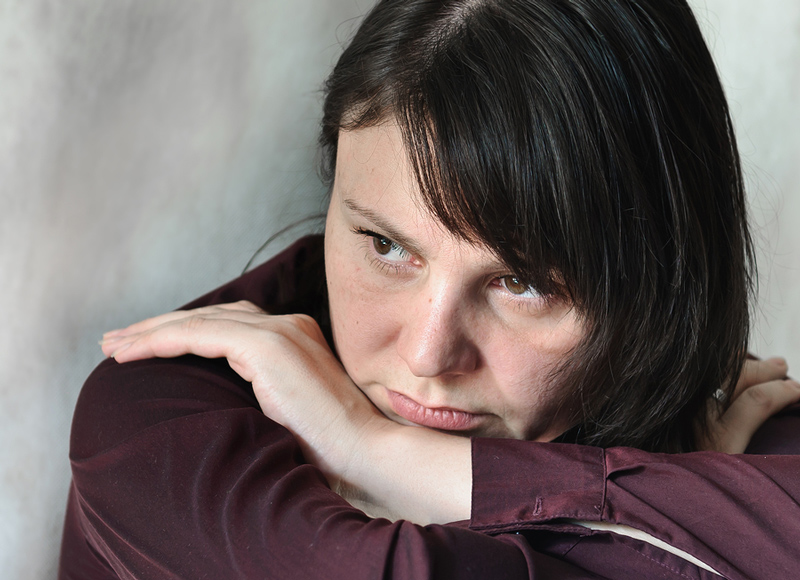
Ellen Mongan of Augusta, Ga., knows the immeasurable grief of early child loss. In 1995, her eighth child, Zachary Mongan, was born with Trisomy 18, a chromosomal condition that disrupts a baby’s normal pattern of development. Zachary died only a few hours after birth.
Today, Mongan spends much of her time writing and speaking about the effects of such a loss and how families can learn to deal with it. She spoke about her experience at the annual memorial Mass for those who have experienced child loss held Oct. 24 at Blessed Sacrament Church in Charleston.
Mongan said that babies lost to miscarriage or who die shortly after birth leave behind what she refers to as “glorious grief.” She said parents in this situation should rely on faith to realize that their child’s life, however brief, had meaning and he or she was loved by God.
“These babies’ lives count,” Mongan said. “Yes, they left way too soon, before we were ready to say goodbye, but a portion of them will remain in your heart forever. The short passage of time that they graced our lives with their presences touches a part of us so deep that we cannot put in words.”
While all child loss is hard, Mongan said one of the more misunderstood experiences is losing a baby to a miscarriage.
Both the mother who experiences the miscarriage and the father of the child feel grief, which is often made worse by well-meaning but painful remarks from family and friends.
The worst thing, by far, is to tell the grieving parents that it was somehow God’s plan because there was something wrong with the baby. Another painful and all too frequent remark is “You can always have another child.”
These sentiments hurt because they deny the very real bond the mother often has already formed with the unborn child, no matter how early in the pregnancy the loss took place. Mongan said too many people when talking about a miscarriage seem to act as if the baby wasn’t a real child.
The most effective way to help grieving parents is to offer the most simple things: prayer, support and a listening ear.
“The biggest help for someone who has miscarried is just to be there for them,” she said. “Listen to their story. Help them with things that need to be done. Help them care for their other children if they have any. Just be there to offer the help and to tell them to not give up hope.”
She recalled that friends stepped in after Zachary’s death to take on painful tasks such as dismantling the nursery she had already prepared for him.
Another way to assist parents dealing with a miscarriage or early child loss is to come up with some concrete ways to acknowledge their child.
Families can celebrate the birthday of their child, pray for him and acknowledge him by name on that day. She stressed the fact that the entire family needs to grieve together and discuss their loss, because sometimes other children can be ignored in the aftermath.
Mongan recalled that when Zachary died, nurses at the hospital and friends she knew helped compile items for a memory box. That box contains a baby book with her son’s birthdate, a picture of him, cards sent to her by friends, a special rosary and other items.
Similar boxes could be created for a baby lost to miscarriage, and include the name of the child, a picture of the mom during the pregnancy, and any keepsakes such as early sonograms, cards and notes.
“The most important thing is to acknowledge that this child was a person who was loved,” Mongan said.

